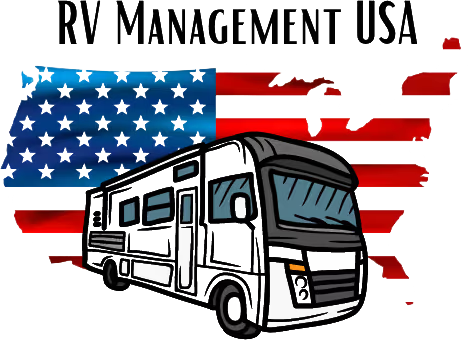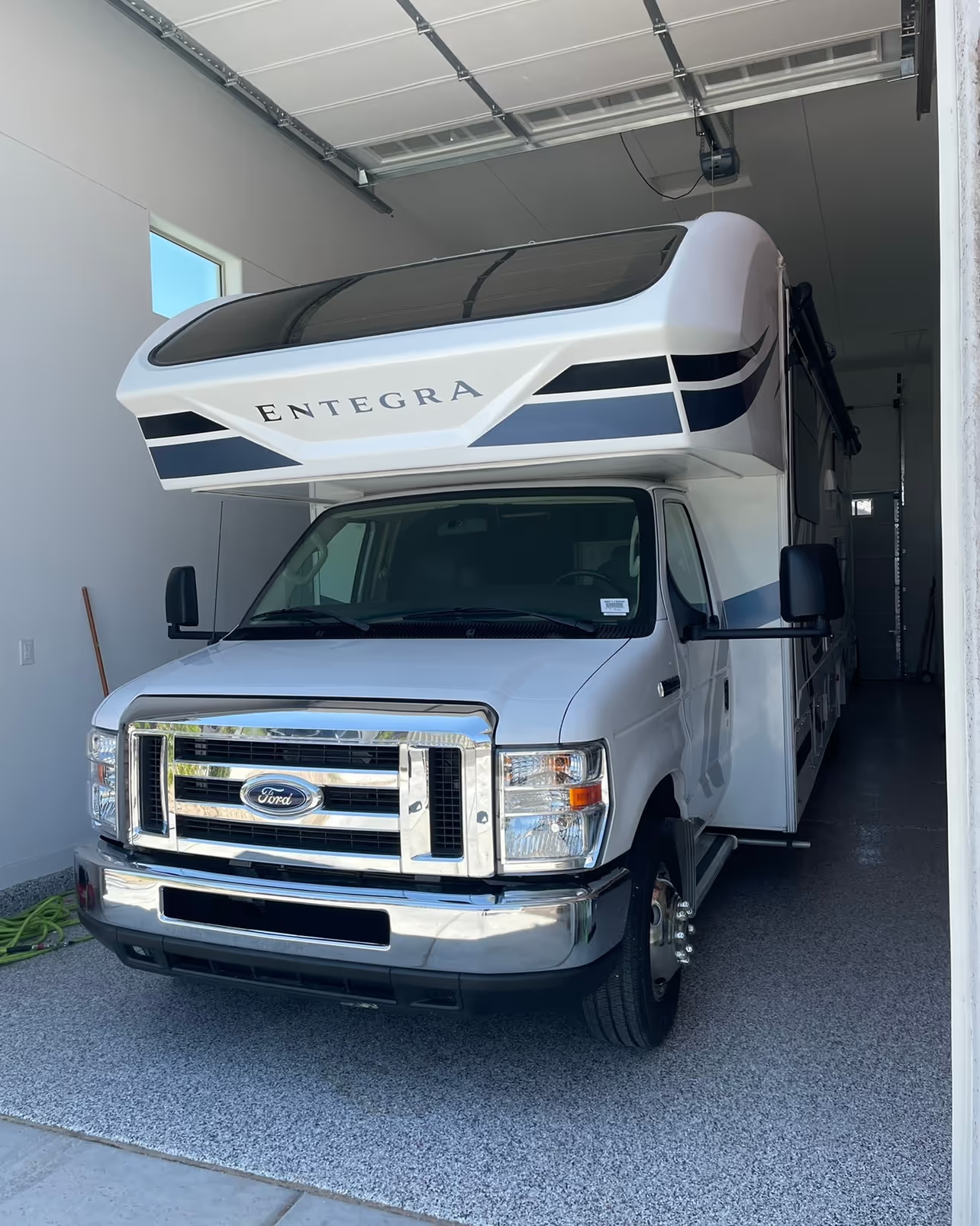Turning your RV into a rental asset doesn’t just earn you passive income—it also opens the door to powerful tax deductions. But which expenses actually qualify? What can you write off without raising red flags? And how do you make sure you're doing it by the book?
In this guide, we’ll break down which RV rental expenses are tax-deductible, so you can maximize profits while staying compliant.
The Basics: Business Use = Business Deductions
As soon as you rent out your RV—even part-time—it can qualify as a business asset. That means you’re allowed to deduct ordinary and necessary expenses related to operating the rental activity.
The IRS (in the U.S.) and the CRA (in Canada) both permit these deductions, provided you’re tracking your income and expenses and using the RV primarily for rental (with limited personal use).
Rule of Thumb: If the expense helps you maintain, manage, or promote your RV rental, there’s a good chance it’s deductible.
Let’s go through the main categories.
✅ Tax-Deductible RV Rental Expenses
1. Depreciation
This is often your biggest deduction. Depreciation reflects the gradual loss in value of your RV over time.
- In the U.S., RVs are typically depreciated over 5–7 years under MACRS.
- In Canada, you’d claim Capital Cost Allowance (CCA), often in Class 10 or 10.1.
Example: A $100,000 RV might allow a $20,000+ deduction in Year 1 alone, depending on bonus depreciation rules.
2. Storage Fees

If you pay to store your RV when it’s not in use, you can deduct those monthly or seasonal fees—especially if it’s required for the safety, accessibility, or cleaning of the unit.
Covered: Outdoor storage, indoor climate-controlled storage, RV pad rentals.
3. Cleaning and Detailing
You can write off all expenses related to cleaning your RV between guests:
- Interior cleaning
- Exterior washes
- Carpet/upholstery cleaning
- Sanitization supplies
- Professional detailing services
These are all considered operational maintenance.
4. Maintenance and Repairs
Routine maintenance and necessary repairs are fully deductible, including:
- Oil changes, tire rotations
- Roof sealing, battery replacements
- Brake jobs, HVAC tune-ups
- Small fixes between rentals
- Mechanical labor and parts
Note: Improvements that increase the RV’s value (like a major renovation or full remodel) may need to be capitalized rather than deducted in full—talk to your accountant about that distinction.
5. Insurance Premiums
If you're using commercial insurance (which you should be when renting out your RV), those premiums are 100% deductible.
This includes:
- Annual or monthly commercial RV policies
- Supplemental renter protection policies
- Any additional riders related to business use
These are standard business expenses, and deducting them makes your income even more passive and tax-efficient.
6. Marketing and Advertising
If you're running the rentals yourself (not recommended), and spending money to attract renters... You can deduct:
- Online ads (Google, Facebook, Instagram)
- Professional photography
- Website fees or domain registration
- Business cards or printed brochures
Promoting your RV is part of doing business.
7. Utilities and Campground Fees (If Provided)

If you rent your RV on a lot or include hookups (e.g. water, electricity, propane), those utility costs may be deductible as part of the rental experience.
This is especially relevant for stationary rentals or long-term stays.
8. Supplies and Amenities
Anything you buy to furnish or stock your rental RV can be written off, including:
- Linens, pillows, and towels
- Kitchen supplies (plates, utensils, etc.)
- RV toilet paper and cleaning products
- Camp chairs, awnings, rugs
- Firewood, propane tanks, etc.
Just be sure to track the purpose and use—personal purchases don’t count.
9. Mileage (Business Use Only)
If you're towing or transporting the RV for business reasons—like dropping it off at a campground for a renter or delivering it to storage—you can deduct:
- Actual mileage (with logs)
- Or standard mileage rate (U.S. rate was $0.655/mile in 2023)
- Fuel receipts (if using actual expense method)
Note: Commutes for personal use aren’t deductible.
10. Accounting, Legal, and Professional Services
Paying someone to help with:
- Tax preparation
- Bookkeeping
- Business registration
- Legal agreements or liability waivers
All of these count as business-related expenses.
⚠️ Mixed-Use Warning: Be Careful with Personal Use
If you use your RV both personally and for rental, you’ll need to allocate expenses based on usage.
For example:
- 80% rental use
- 20% personal use
In this case, only 80% of the shared costs (insurance, depreciation, etc.) would be deductible. Some items (like renter-specific cleaning) are 100% deductible.
The IRS and CRA take this very seriously—so track your use days carefully.
Best Practices: How to Track and Stay Audit-Proof
- Use a separate business account
Keep RV rental income and expenses separate from personal finances. - Log mileage and calendar use
Use apps like MileIQ or a basic spreadsheet to log trips and rental days. - Save all receipts and invoices
Store digital copies using Google Drive or Dropbox—many apps allow for auto-upload. - Hire a tax professional
Especially for your first rental season. The cost is often outweighed by the deductions they’ll find.
Final Word: Don't Leave Money on the Table

Owning and renting an RV through a professional program like RV Management USA doesn’t just make passive income—it helps you keep more of that income through smart, legal tax deductions.
Every oil change, every cleaning, every storage fee—it all adds up.
RV Management USA will make sure that you are staying tax efficient while in the rental management program.
Track it. Deduct it. Profit from it.
If you want to make the most of your RV as a financial asset, don’t just think about revenue—think about how to lower your tax bill too.
Need help getting started? Our team at RV Management USA provides detailed income and expense reporting to make your taxes easier—and more profitable.
— RVM Team













